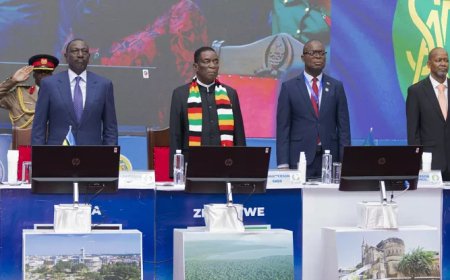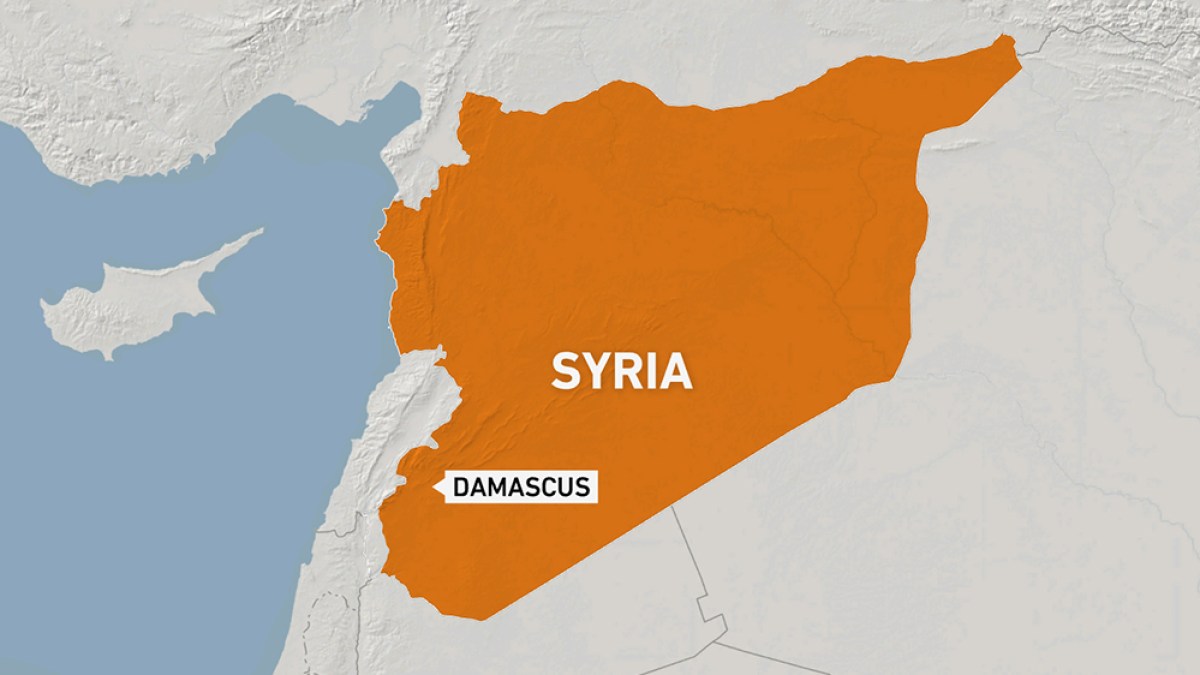Israel Announces Major Expansion of Ground Assault on Gaza Amid Escalating Violence

Jerusalem, Israel / Gaza City, Gaza Strip – In a dramatic escalation of the ongoing conflict, Israel’s Defence Minister Israel Katz announced on Wednesday a significant expansion of the Israeli military’s ground assault on Gaza. The operation aims to seize large swathes of Palestinian territory, incorporating them into what Israeli officials are calling “security zones.” This announcement comes as Israel’s blockade of Gaza entered its 31st day, with relentless bombardments continuing to claim civilian lives.
The renewed offensive underscores Israel’s determination to intensify its campaign against Hamas, which has been described by Prime Minister Benjamin Netanyahu as a “maximum pressure” strategy. However, the move has sparked widespread concern among humanitarian organizations and raised fears of further displacement and loss of life in an already devastated region.
"Maximum Pressure" Campaign Targets Hamas
In his statement, Defence Minister Katz declared that Israeli forces would push deeper into Gaza to “clear areas of terrorists and infrastructure, and capture extensive territory that will be added to the State of Israel’s security areas.” He urged Palestinians in Gaza to rise up against Hamas, dismantle the militant group’s leadership, and secure the release of the 59 remaining Israeli captives held in Gaza.
Katz stopped short of specifying how much land Israel intends to annex but emphasized that the seized territories would serve as buffer zones to enhance Israel’s security. These so-called “security zones” are expected to include strategic areas such as the Netzarim Corridor—a key route cutting through central Gaza—and expanded buffer regions along the enclave’s borders.
The intensified military operations come amid stalled negotiations over a potential ceasefire agreement. While Hamas insists on returning to the terms outlined in the January truce—which included prisoner exchanges and a permanent cessation of hostilities—Netanyahu has rejected calls for a full withdrawal from Gaza. Instead, he demands the immediate release of all hostages before any substantive talks can proceed.
Hamas leaders have countered by offering to free all captives simultaneously in exchange for a comprehensive ceasefire. But Israel dismissed this proposal, resuming its aerial and ground assaults earlier this month. Since March 18, more than 1,000 Palestinians have been killed in Israeli strikes across the territory.
Forced Displacement Orders Spark Chaos
As part of the latest offensive, the Israeli military issued evacuation orders targeting densely populated areas in both southern and northern Gaza. On Monday, residents of Rafah—the southernmost city bordering Egypt—were told to flee immediately. By Tuesday, the directive had expanded to include Beit Hanoon, Beit Lahiya, and surrounding communities in the north.
According to reports, Israeli forces deployed their elite 36th Division to spearhead the expanded incursion, entering Gaza early Wednesday morning. Dozens of Palestinian families trapped in the Khirbet al-Adas area near Rafah described harrowing scenes as they attempted to escape under fire. Many issued desperate pleas for international intervention, fearing for their safety amidst the chaos.
Al Jazeera correspondent Tareq Abu Azzoum, reporting from Deir el-Balah in central Gaza, painted a grim picture of mass displacement unfolding once again. Civilians in Rafah fled with whatever belongings they could carry, echoing similar scenes witnessed during previous offensives. Just months ago, many had returned to the city after Israel partially withdrew following the January ceasefire, hoping to rebuild shattered lives. Now, they face yet another exodus.
“People are fleeing knowing full well that nowhere is safe in Gaza,” said Abu Azzoum. “Many believe this is only the beginning of a broader plan to forcibly displace the entire population of Gaza into Egypt.”
Israeli media outlets reported that officials aim to seize approximately 25 percent of Gaza’s total landmass, focusing on critical areas like eastern Khan Younis, central Nuseirat refugee camp, and northern border towns. Such ambitions align with statements made by Netanyahu and supported by senior U.S. officials advocating for a long-term restructuring of the enclave.
Civilian Toll Mounts Amid Unrelenting Attacks
The human cost of Israel’s military campaign continues to mount. At least 21 Palestinians were killed in airstrikes on Wednesday alone, including 12 individuals who perished when Israeli forces targeted a building in southern Khan Younis. Two others died in Rafah, while additional casualties were reported in the supposed “safe zone” of al-Mawasi and the Nuseirat refugee camp.
Palestinian medics working tirelessly to treat the wounded describe hospitals overwhelmed by the influx of victims. Medical facilities themselves remain vulnerable, frequently targeted or operating without electricity due to Israel’s crippling siege. The World Health Organization (WHO) condemned these attacks, warning that they violate international humanitarian law.
Meanwhile, the United Nations Office for the Coordination of Humanitarian Affairs (OCHA) highlighted the plight of tens of thousands of civilians fleeing Rafah “under gunfire.” One elderly man recounted being shot at by Israeli soldiers alongside other fleeing civilians. His testimony underscores the perilous conditions faced by those attempting to seek refuge.
Humanitarian Crisis Deepens
The UN and various aid agencies warn that the situation in Gaza is reaching catastrophic levels. Food shortages, water scarcity, and collapsing healthcare systems have left millions on the brink of famine and disease. With each new wave of displacement, access to essential services becomes even more limited, exacerbating the suffering of ordinary Gazans caught in the crossfire.
Critics argue that Israel’s creation of “security zones” serves as a pretext for annexation and collective punishment, violating international law. Amnesty International and Human Rights Watch have accused Israeli forces of committing war crimes, citing indiscriminate attacks on civilian infrastructure and forced population transfers.
Egypt, traditionally seen as a mediator between Israel and Hamas, condemned the recent escalation, urging restraint and emphasizing the need for a political solution. Meanwhile, Western powers, particularly the United States, continue to back Israel’s actions, framing them as necessary measures to ensure regional stability.
What Lies Ahead?
As Israel presses forward with its aggressive campaign, questions linger about the ultimate objectives of the operation. Will the seizure of “security zones” pave the way for long-term occupation? Or does it signal an attempt to reshape Gaza’s demographic landscape entirely?
For now, the people of Gaza endure unimaginable hardships, caught between the brutality of war and the uncertainty of peace. Their cries for help resonate beyond the enclave’s borders, demanding attention from a global community increasingly divided over how—or whether—to intervene.
Stay tuned to Intels News for updates on this developing story.
Editor’s Note: This article examines the escalating violence in Gaza and its implications for civilians and regional stability. Readers are encouraged to support humanitarian efforts aiding those affected by the crisis.
What's Your Reaction?
 Like
0
Like
0
 Dislike
0
Dislike
0
 Love
0
Love
0
 Funny
0
Funny
0
 Angry
0
Angry
0
 Sad
0
Sad
0
 Wow
0
Wow
0



















